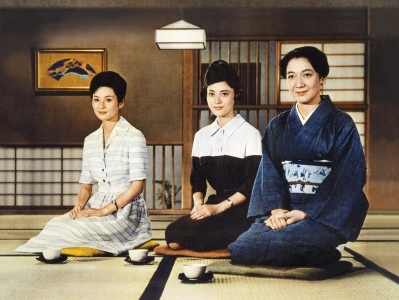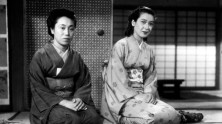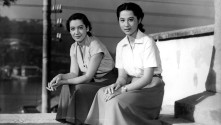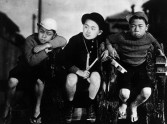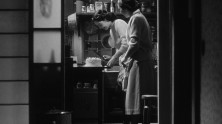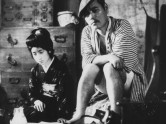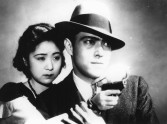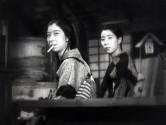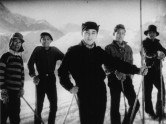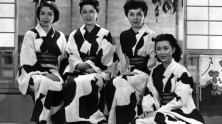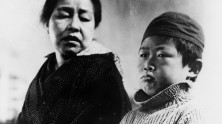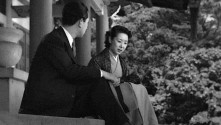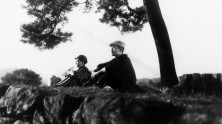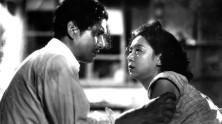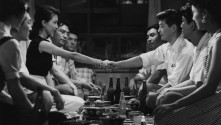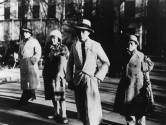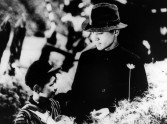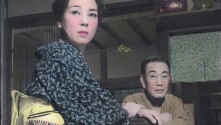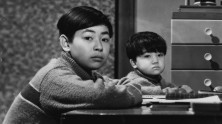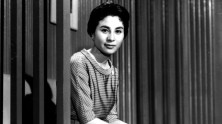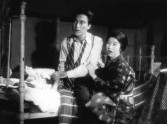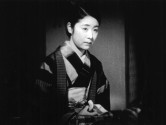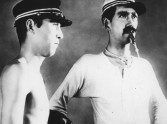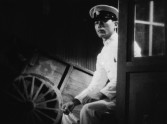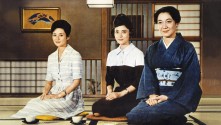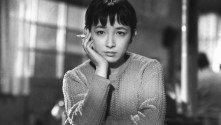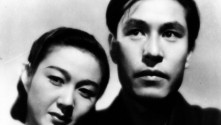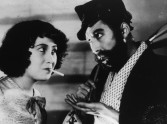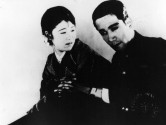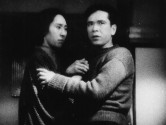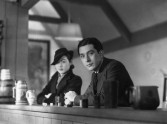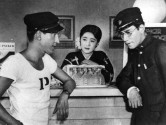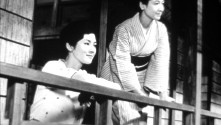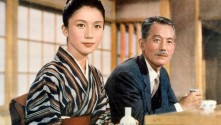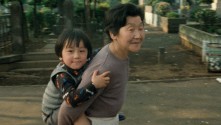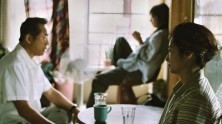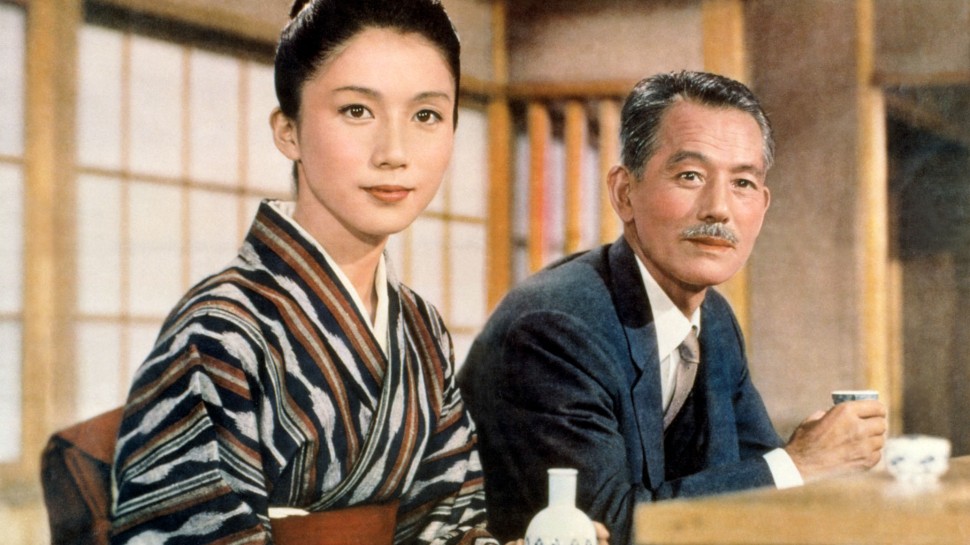
An Autumn Afternoon
(Sanma no aji)
With Ryu Chishu, Iwashita Shima, Sada Keiji.
Japan, 1962, 35mm, color, 113 min.
Japanese with English subtitles.
Print source: Janus Films
In Ozu’s final film, an old widower and former naval officer (Shuhei, played by Ryu Chishu) arranges for his daughter Michiko (Iwashita Shima) to be married, a decision delayed by his fear of being alone. Shuhei’s routine is already quite solitary. His adult children are preoccupied with their own lives, and his few friends are middle-school classmates who only show up at reunions, where dirty and morbid jokes hardly conceal a palpable sense of mortality. The casting of Ryu Chishu harkens back to Ryu’s paternal roles in There Was a Father—as a father also named Shuhei—and Late Spring, two films in which a father pushes his child away. In An Autumn Afternoon, keeping a child too close is another form of the father’s selfishness—that this is another turn in Ozu’s depiction of fatherhood is a sign of the new horizon he had reached as a filmmaker. As Shuhei reluctantly comes to terms with the mistake he made by allowing Michiko to take care of him for so long, An Autumn Afternoon becomes increasingly sparse: once-boisterous bars serve three people, then two, until there is only Shuhei, singing wartime songs and marveling at how much the bartender looks like his dead wife. Ozu weighs the film’s thinly distributed action with a remarkable density, offering no respite from the heaviness of regret or the loneliness that follows.
